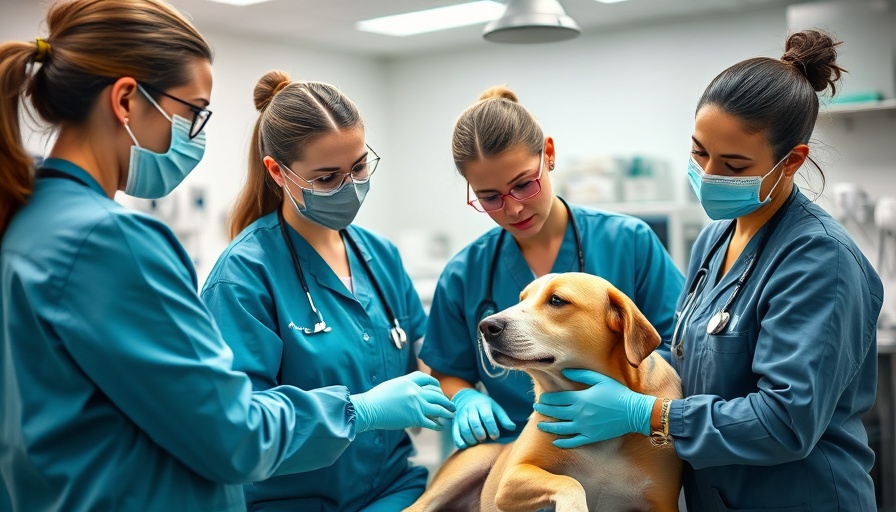
Understanding the Value of Veterinary Technology Across Decades
The veterinary technician (vet tech) profession has evolved significantly over the years, reflecting broader trends in animal care, technology, and industry standards. Historically regarded as support staff, vet techs are now recognized as essential players in the veterinary field. This changing perception is crucial for veterinary clinic owners and managers looking to improve operations and profitability.
The Evolution of Veterinary Technicians: A Historical Perspective
In the past, the role of a vet tech was often underestimated, with minimal formal education requirements. However, as veterinary medicine has advanced, so too has the education and training needed for techs. Degrees in veterinary technology now often require a comprehensive understanding of various disciplines such as anesthesiology, dental care, and surgical assistance. This evolution reflects a growing recognition of the integral role vet techs play in improving the quality of care.
Current Trends Highlighting the Importance of Vet Techs
The emphasis on comprehensive pet care is leading clinics to reassess the role of vet techs. With the rising demand for high-quality animal care, vet techs bring unique skills that can help clinics meet these needs. Their ability to handle multiple responsibilities—from direct patient care to administrative duties—can significantly influence a clinic's operational efficiency.
Challenges and Opportunities Facing Today's Vet Techs
Despite their critical role, vet techs often face challenges such as high workloads, burnout, and competitive salaries. According to recent surveys, many vet techs indicate they are overworked, leading to a high turnover rate. For veterinary clinic owners, this presents both a challenge and an opportunity. Enhancing workplace conditions and offering competitive wages can improve employee retention and, subsequently, client satisfaction.
The Financial Value Vet Techs Bring to Veterinary Clinics
Not only do vet techs enhance the quality of care, but they also contribute to the financial viability of veterinary practices. By streamlining procedures and improving client interactions, they can significantly increase overall clinic efficiency. Investing in good vet tech talent is not just beneficial for animal care but also pays dividends in profitability—demonstrating that valuing your staff can lead to tangible financial returns.
Future Predictions: The Role of Technology in Evolving Vet Tech Responsibilities
As technology continues to advance, the role of vet techs is expected to evolve further. Emerging technologies such as telemedicine, AI diagnoses, and advanced medical equipment will likely change how vet techs operate. Incorporating these technologies can improve patient outcomes and operational procedures, positioning clinics at the forefront of veterinary care.
Why Veterinary Clinic Owners Should Invest in Their Vet Techs
Investing in vet tech education and salaries is crucial for clinic owners who want to retain talent and enhance their service offerings. Providing pathways for career advancement and professional development not only benefits the techs’ job satisfaction but also elevates the clinic's stature in the industry. Thus, a focus on people is tantamount to a focus on profits.
Conclusion: The Critical Role of Vet Techs in Veterinary Practices
The growing recognition of the veterinary technician profession is a testament to their value in the veterinary field. As the industry evolves, embracing the skills and contributions of vet techs can lead to more effective and profitable veterinary practices. For clinic owners looking to optimize operations and enhance profitability, acknowledging and investing in this crucial workforce is not just advisable; it's imperative.
 Add Row
Add Row  Add
Add 

 Add Row
Add Row  Add Element
Add Element 




Write A Comment